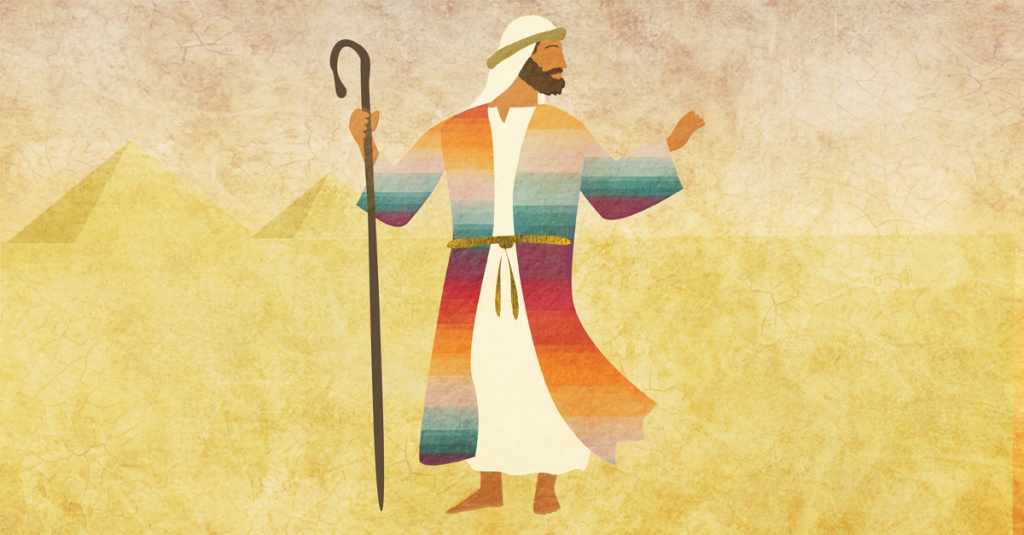
This week, at a parent’s evening, my son’s school rabbi gave some words of advice about how to help him achieve his potential. “If he shares an idea on Friday night, put everything else aside, and give him your full attention. Show him the value you place on what he has learned, what is in his thoughts and on his mind.” The rabbi continued, with an anecdote, recalling having once asked a class what they thought the most special thing about the Shabbat table was. One boy replied, “The cholent.” When asked why, he answered, “When I share what I learned at school, my father starts eating the cholent.” Not only was the food more precious to his father, it had also become so in the boys own eyes.
We have a powerful ability by the way that we respond other people’s thoughts and ideas to shape them and their future. This is one of the Torah’s core messages surrounding the story of Joseph, who as a young man, shares his dreams with his brothers with devastating effect.
“Come hear this dream,” Joseph calls to his brothers, and regales his vision of his brothers sheaves of wheat prostrating themselves to his.” The brothers, already envious of the favoritism their father had shown to him, don’t take kindly to this Joseph’s overture and plot his downfall.

The Tzror HaMor, Rabbi Avraham Saba, (Spain,1440–1508) writes in his Torah commentary, the words “come hear this dream” come to teach, an idea which is also stated in the Zohar, “a person only tells his dreams to those who love him.” He continues, with the reason being that dreams are actualized according to the words of the one who interprets them. In a way like a self-fulfilling prophecy. The Talmud in tractate brachot goes into depth with many examples of how this works in practice.
The Gemara relates: Bar Haddaya was an interpreter of dreams. For one who gave him a fee, he would interpret a dream favourably, and for one who did not give him a fee, he would interpret the dream unfavourably. There was an incident in which both great rabbis, Abaye and Rava saw an identical dream and they asked bar Haddaya to interpret it. Abaye gave him money and paid his fee, while Rava did not give him money. They both said the same verse in the Torah had appeared to them, “Your ox shall be slain before your eyes and you shall not eat thereof” (Deuteronomy 28:31) To Rava he said: Your business will be lost and you will derive no pleasure from eating because of the extreme sadness of your heart. To Abaye he said: Your business will profit and you will be unable to eat due to the joy in your heart. Both interpretations were realized.
The Tzror Hamor, explains that this also happened to Joseph. When he told his brothers his dream, they replied “”Will you reign over us, or will you govern us?” and so, it was. The dream was understood with negativity and the consequence was a torrid series of painful events in which Joseph is flung into a pit, sold to slavery, languishes in a dismal prison before finally being freed at Pharaoh’s behest. 22 years of separation and loneliness ensued before the dream was eventually realized and his brothers prostrated themselves before him, arriving in Egypt ravished by the famine in Canaan, seeking help from the Egyptian viceroy. Later moving to Egypt, they would become under Joseph’s rule. Exactly as they had said, “Joseph reigned over them and governed them.”
This teaches us two powerful ideas. Firstly, we should be careful who we entrust with hearing our deepest ideas and dreams, to make sure they are encouraged and strengthened. Secondly, if others share their dreams, or ambitions with us, to remember, that we have an awesome role to play in if, how and in which way they will materialize.
In short, our words are powerful, the positive attention we give and we receive is transformational.
